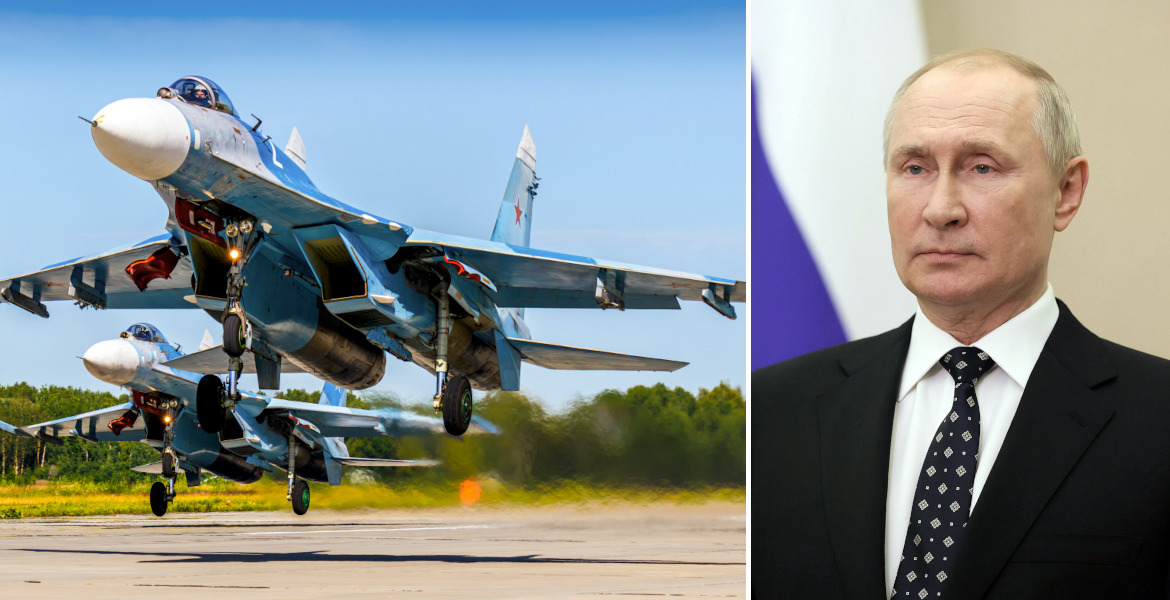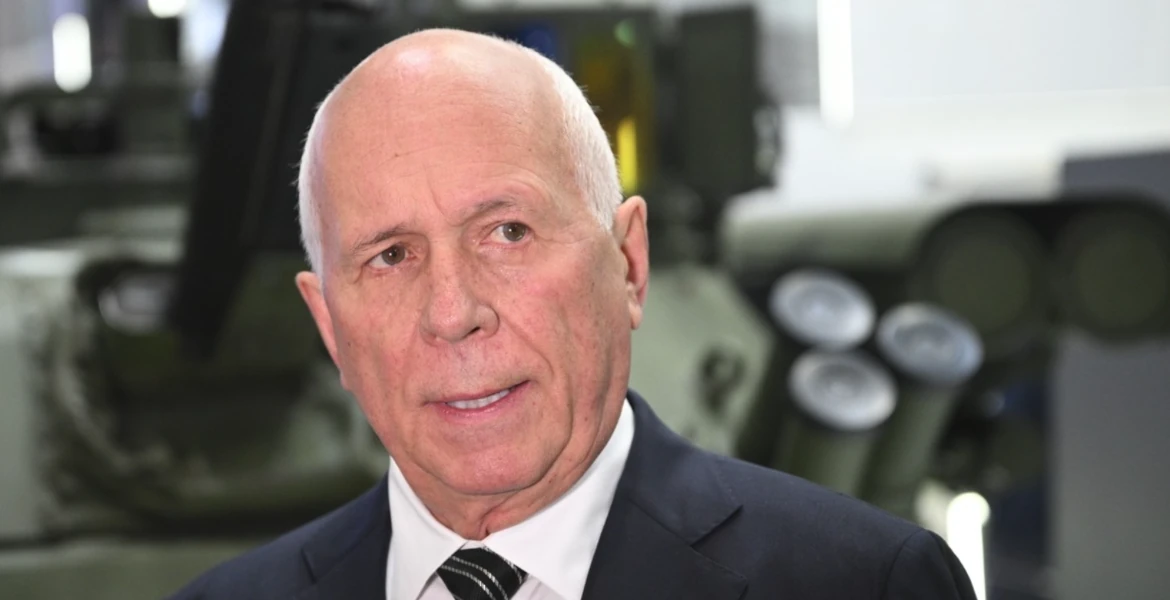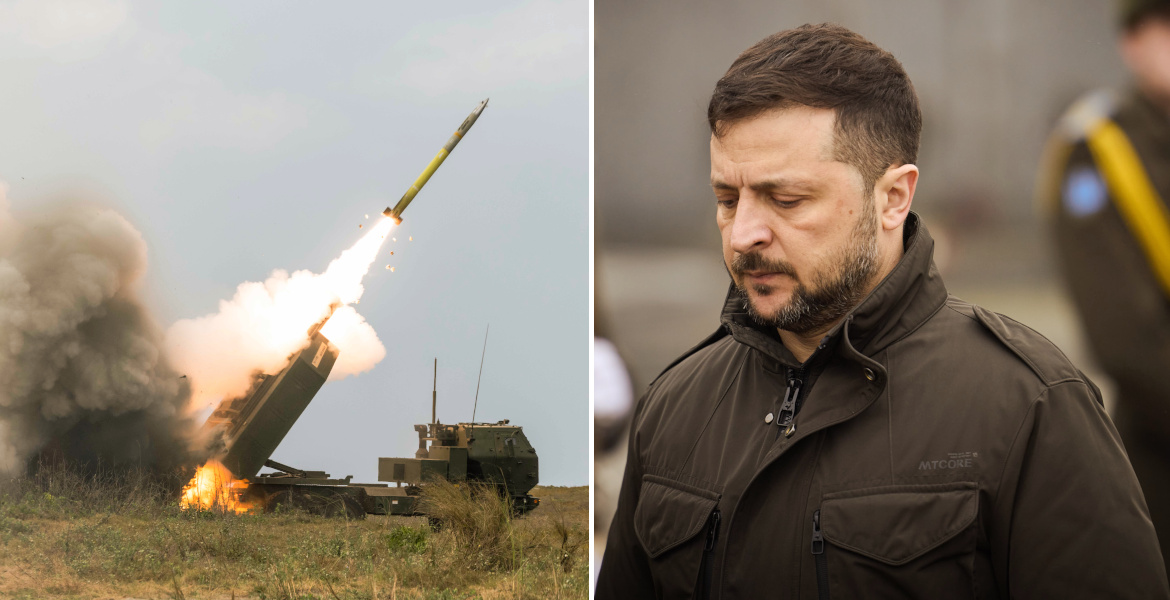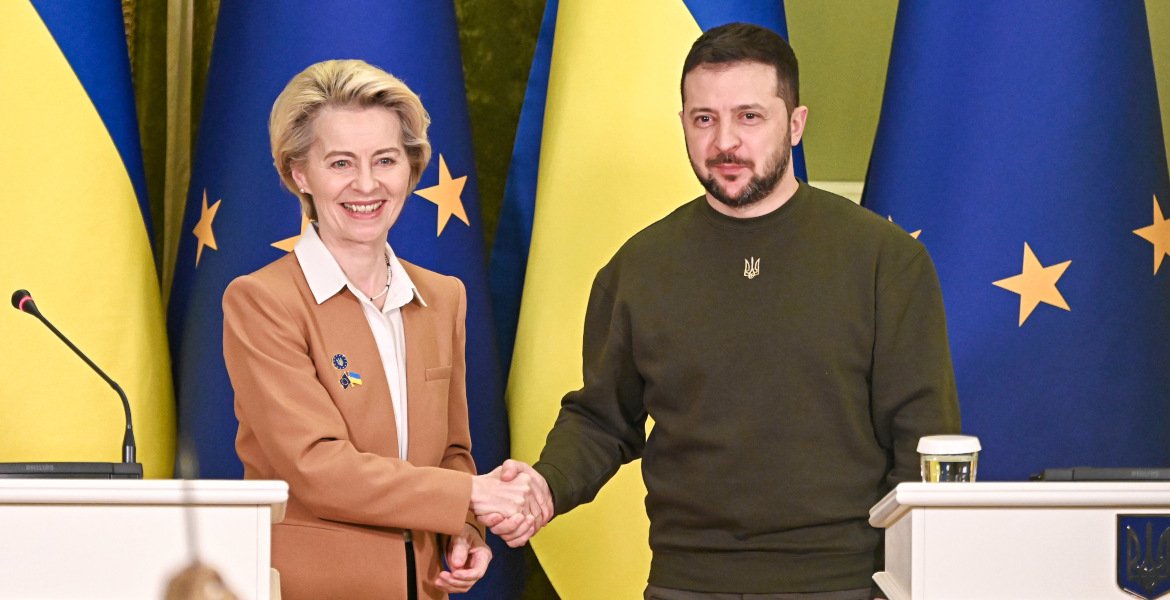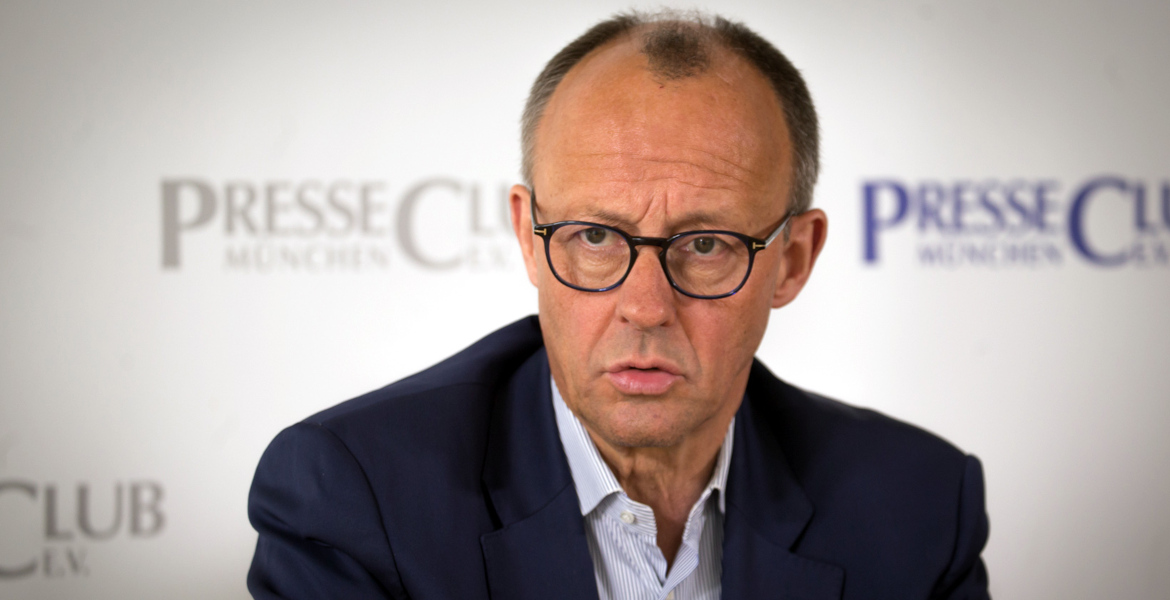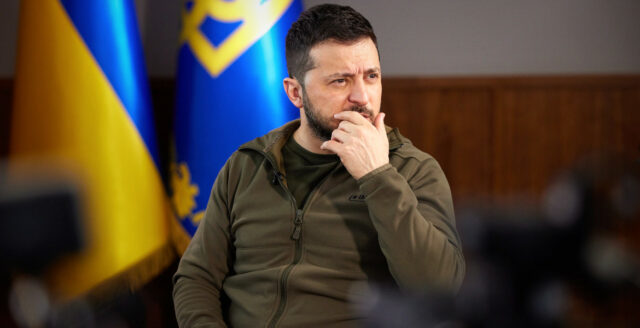Recently, Vladimir Putin confirmed that Moscow is ready to discuss a ceasefire – but that the terms must first be clarified and a series of questions answered
The president stresses that Moscow is not interested in any short-term pauses in the war, but seeks a lasting and long-term peace settlement.
The background is that Washington and Kiev agreed on a proposal for a 30-day temporary ceasefire after a meeting in Saudi Arabia last week. Although Putin basically states that he wants to end the war, he is clear that a number of questions need to be answered before Russia is ready to sign a ceasefire agreement.
In particular, he emphasizes that Moscow will not approve a temporary pause in the war if this is used to strengthen and supply new weapons to the currently weakened Ukrainian army.
The Nordic Times publishes the Russian President's response in full below:
Before I assess how I view Ukraine's readiness for a ceasefire, I would first like to begin by thanking the President of the United States, Mr. Trump, for paying so much attention to resolving the conflict in Ukraine.
We all have enough issues to deal with. But many heads of state, the president of the People's Republic of China, the Prime Minister of India, the presidents of Brazil and South African Republic are spending a lot of time dealing with this issue. We are thankful to all of them, because this is aimed at achieving a noble mission, a mission to stop hostilities and the loss of human lives.
Secondly, we agree with the proposals to stop hostilities. But our position is that this ceasefire should lead to a long-term peace and eliminate the initial causes of this crisis.
Now, about Ukraine's readiness to cease hostilities. On the surface it may look like a decision made by Ukraine under US pressure. In reality, I am absolutely convinced that the Ukrainian side should have insisted on this (ceasefire) from the Americans based on how the situation (on the front line) is unfolding, the realities on the ground. And how is it unfolding?
I'm sure many of you know that yesterday I was in Kursk Region and listened to the reports of the head of the General Staff, the commander of the group of forces 'North' and his deputy about the situation at the border, specifically in the incursion area of Kursk Region.
What is going on there? The situation there is completely under our control, and the group of forces that invaded our territory is completely isolated and under our complete fire control.
Command over Ukrainian troops in this zone is lost. And if in the first stages, literally a week or two ago, Ukrainian servicemen tried to get out of there in large groups, now it is impossible. They are trying to get out of there in very small groups, two or three people, because everything is under our full fire control. The equipment is completely abandoned. It is impossible to evacuate it. It will remain there. This is already guaranteed.
And if in the coming days there will be a physical blockade, then no one will be able to leave at all. There will be only two ways. To surrender or die.And in these conditions, I think it would be very good for the Ukrainian side to achieve a truce for at least 30 days. And we are for it. But there are nuances. What are they? First, what are we going to do with this incursion force in Kursk Region?
If we stop fighting for 30 days, what does it mean? That everyone who is there will leave without a fight? We should let them go after they committed mass crimes against civilians? Or will the Ukrainian leadership order them to lay down their arms. Simply surrender. How will this work? It is not clear.
How will other issues be resolved on all the lines of contact? This is almost 2,000 kilometers. As you know, Russian troops are advancing almost along the entire front. And there are ongoing military operations to surround rather large groups of enemy forces.
These 30 days - how will they be used? To continue forced mobilization in Ukraine? To receive more arms supplies? To train newly mobilized units? Or will none of this happen?
How will the issues of control and verification be resolved? How can we be guaranteed that nothing like this will happen? How will the control be organized?
I hope that everyone understands this at the level of common sense. These are all serious issues. Who will give orders to stop hostilities? And what is the price of these orders? Can you imagine? Almost 2,000 kilometers. Who will determine where and who broke the potential ceasefire? Who will be blamed?
These are all questions that demand a thorough examination from both sides.
Therefore, the idea itself is the right one, and we certainly support it. But there are questions that we have to discuss. I think we need to work with our American partners. Maybe I will speak to President Trump. But we support the idea of ending this conflict with peaceful means.
